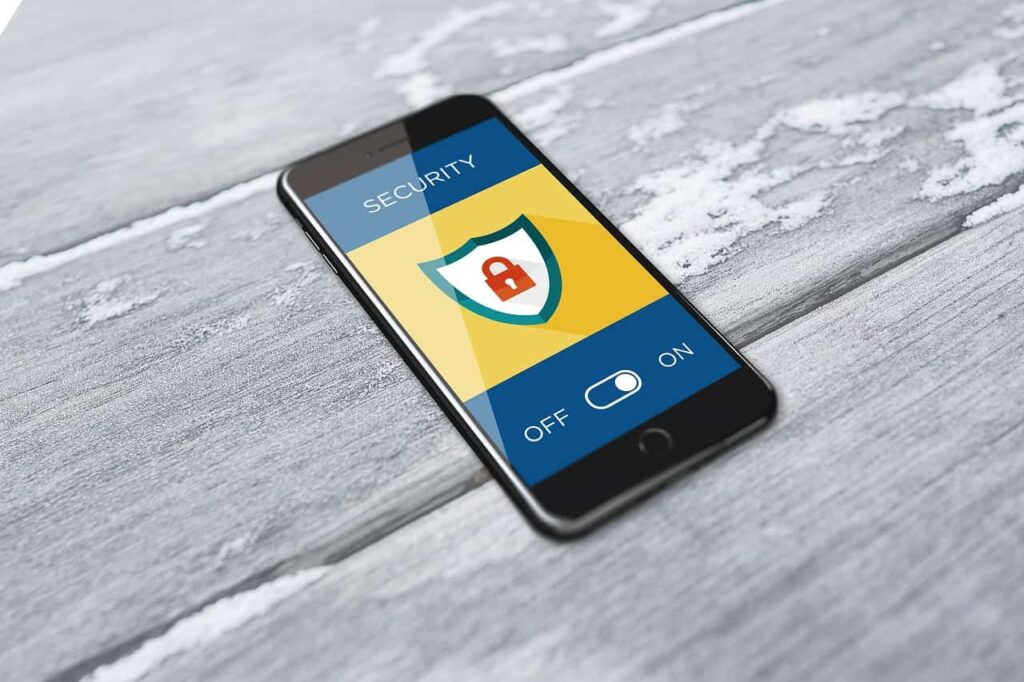A VPN, or virtual private network, is a secure connection between your device and the internet. It encrypts your data and hides your IP address, making it more difficult for third parties to track your online activity.
Purpose of VPN
Security
VPNs can help protect your privacy and security online. They can encrypt your data so that it cannot be read by anyone else, and they can also hide your IP address, which makes it more difficult for people to track your online activity. This can be especially important when using public Wi-Fi networks, which are often not secure.
Access to restricted content
VPNs can also be used to access restricted content. For example, if you are in a country that blocks certain websites or streaming services, you can use a VPN to connect to a server in another country and bypass the block. This is often used to access streaming services that are not available in your region, such as Netflix or Hulu.
Anonymity
VPNs can also be used to maintain your anonymity online. If you do not want your ISP or other third parties to know what websites you are visiting or what you are doing online, you can use a VPN to hide your activity. This can be useful for journalists, activists, and others who need to protect their privacy online.
There are many different VPN providers available, so it is important to choose one that is reputable and has a good track record of security. Some popular VPN providers include NordVPN, ExpressVPN, and Surfshark.
Factors to consider
When choosing a VPN (Virtual Private Network), several factors are essential to consider to ensure you get the best service that meets your needs:
Security and Privacy

One of the primary reasons for using a VPN is to enhance your online security and privacy. Look for a VPN that offers strong encryption protocols (like AES-256), supports secure VPN protocols (OpenVPN, IKEv2/IPSec), and has a clear no-logs policy to ensure your online activities are not tracked or stored.
Logging Policy
Ensure the VPN provider has a strict no-logs policy, meaning they don’t collect or store any information about your online activities. This way, your browsing history remains private even if someone tries to access the VPN’s servers.
Server Network
The number of servers and their locations play a crucial role in determining the VPN’s performance and your browsing experience. A larger server network with diverse locations allows for better speed, reliability, and the ability to access content from different regions.
Speed and Performance
A good VPN should have minimal impact on your internet speed. Look for VPNs that have fast and stable connections to ensure smooth browsing, streaming.
Device Compatibility
Check if the VPN supports all the devices you intend to use it on, such as Windows, macOS, Android, iOS, and even routers. Some VPNs also allow multiple simultaneous connections on different devices.
Ease of Use
The VPN’s user interface should be intuitive and user-friendly, making it easy for you to connect and manage your VPN connections without much hassle.
Customer Support
Reliable customer support is crucial, especially if you encounter technical issues or have questions about the VPN service. Look for VPN providers that offer 24/7 support through various channels (live chat, email, etc.).
Torrenting and P2P Support
If you plan to use the VPN for torrenting or other peer-to-peer activities, ensure that the VPN explicitly supports and allows such activities on their network.
Compatibility with Streaming Services
If you want to access geo-restricted content from streaming platforms like Netflix or Hulu, make sure the VPN can bypass these restrictions reliably.
Price and Payment Options
Compare the pricing plans of different VPN providers and choose one that fits your budget. Also, check for available payment options, including cryptocurrency if you prioritize anonymity.
Free vs. Paid VPNs
While some free VPNs exist, they often come with limitations and might compromise your privacy. Paid VPNs usually offer better security, performance, and customer support.
By considering these factors, you can make an informed decision and choose a VPN service that aligns with your online privacy and security requirements.
Overall, VPNs are a good way to improve your online security and privacy. However, it is important to be aware of their limitations and to choose a reputable VPN provider.
Final thoughts
When selecting a VPN, it’s crucial to prioritize security, privacy, and user-friendliness. Look for a VPN with a strict no-logs policy, strong encryption, and reliable protocols to ensure your online activities remain private and protected. A wide server network and fast speeds will enhance your browsing experience, while compatibility with different devices allows for seamless connectivity. Customer support availability and compatibility with streaming services are also essential considerations.